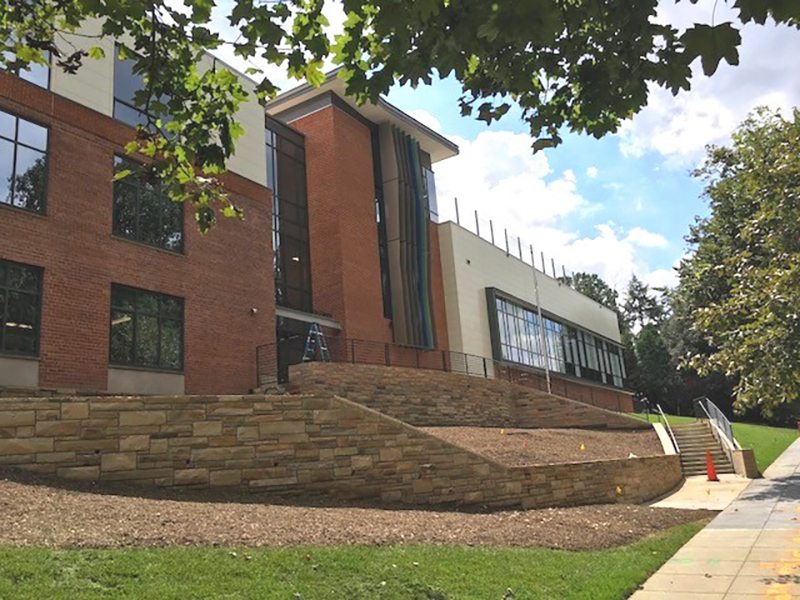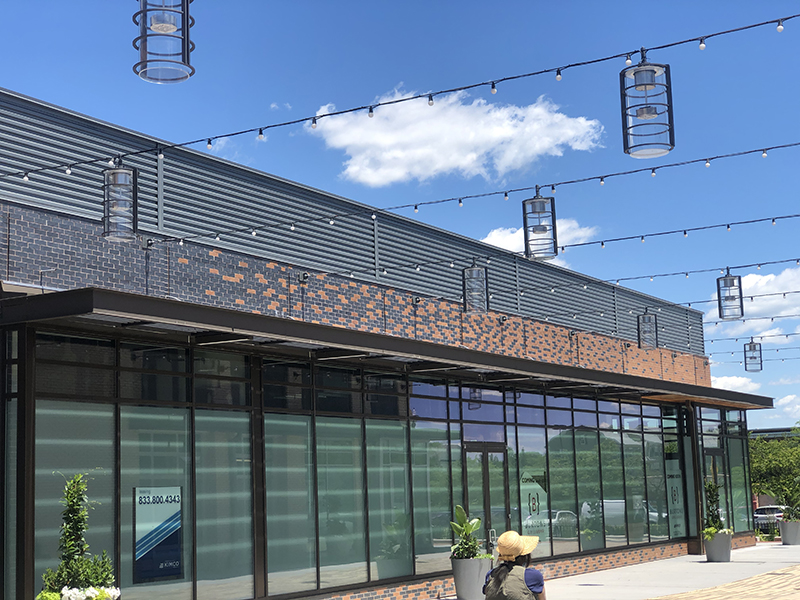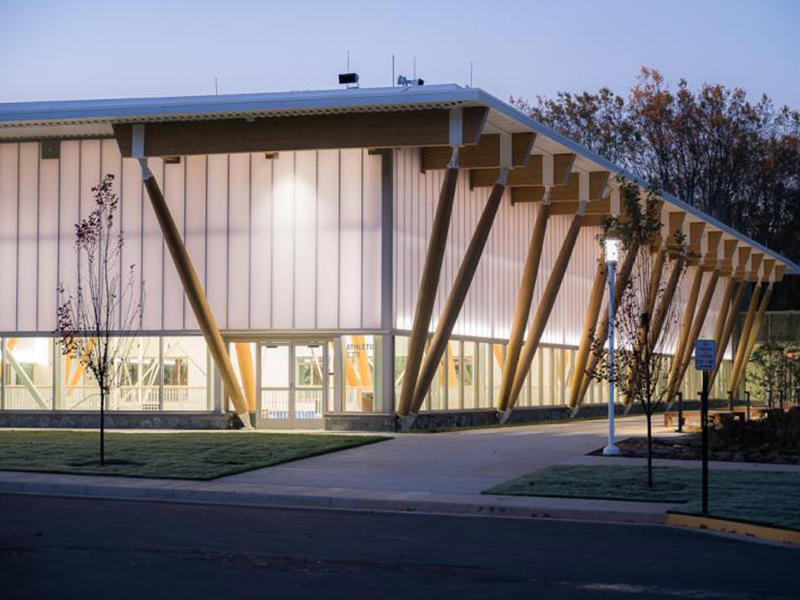WHY MASONRY
We live amid a rich heritage of masonry buildings; there is scarcely a town in the world that is without a number of beautiful examples from which communities flourish.
Key Features
Here at Alban Masonry, we are proud to say that all of our employees from project managers, superintendents, foreman, and laborers fit the mold of being expert craftsmen. Our team knows how to work with the versatility of masonry and its various applications designed to keep up with the ever-changing market. From concrete block to cavity walls, development of techniques for steel-reinforced masonry, high strength mortars, there are many types of masonry units that can reduce the amount of labor required for masonry construction. It has kept pace with the times and remains highly competitive technically and economically. It still beats many other materials, as one mason can produce completely finished, insulated, load-bearing wall that is ready for use in one operation.
Masonry is an excellent material for use on any “green” building project. The raw materials in masonry are available in most locations and are easily obtainable with limited environmental impact. Masonry can often be manufactured locally, reducing transportation requirements. Construction requirements for masonry are minimal. Large equipment is not necessary for delivery or placement, and staging areas need not be large. These factors reduce the impact that masonry construction has on the environment.
It can also significantly reduce the energy usage of a building, because the structure stays warmer or cooler longer. This consistent temperature helps lower energy costs by shifting peak loads to non-peak hours, while ensuring the comfort of those who live and work inside the building.
Indoor air quality is optimized for occupants, because masonry materials require no paints or adhesives, and are not mold-friendly environments. Masonry materials are inert and can be ground up and recycled for use in new masonry materials or aggregates. The ability to reuse existing masonry buildings, including entire structures or the core structure, further enhances its sustainable properties.
Our Recent Work
We strive to ensure that you receive the highest quality of service and that work is done properly with attention to detail.




